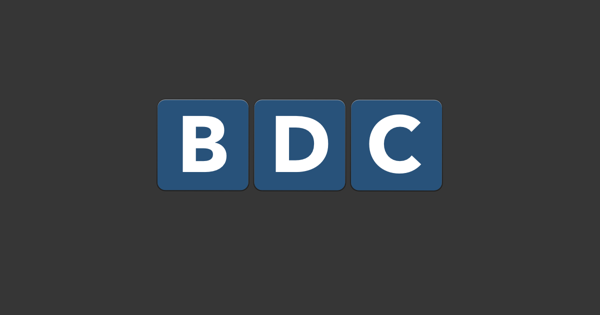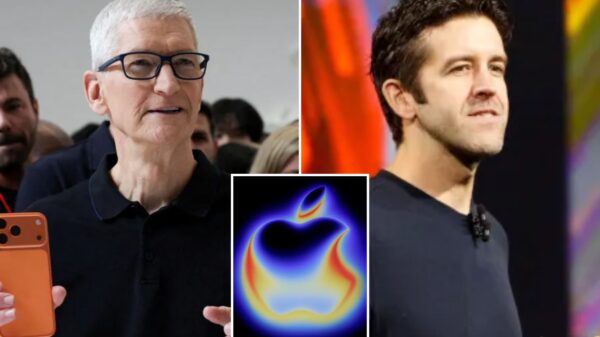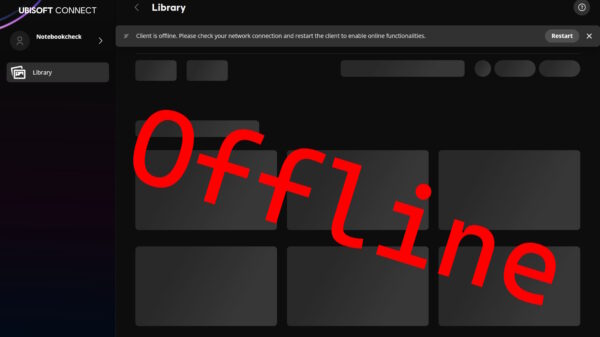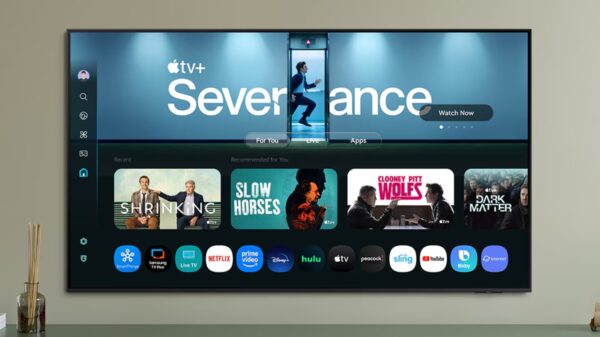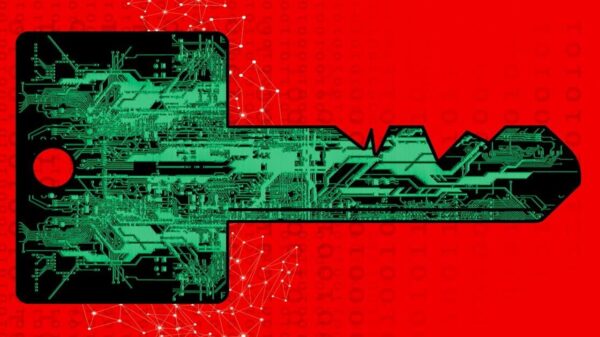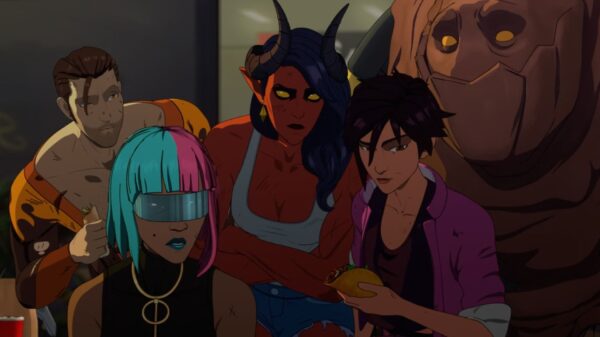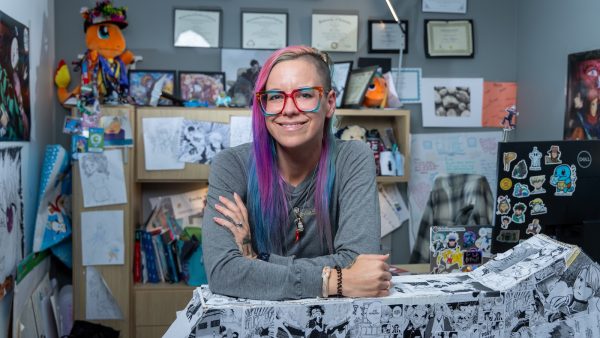The gaming industry is facing a significant debate over the use of artificial intelligence in voice acting, particularly with the release of the episodic superhero adventure game, Arc Raiders. As the game utilizes AI-generated voices alongside performances from well-known actors like Jeffrey Wright and Aaron Paul, industry experts are voicing concerns about the implications of this technology.
In a recent interview with GI.biz, Nick Herman, creative director at Dispatch, and executive producer Michael Choung criticized the reliance on AI voices, labeling them as “a production solution, not a creative one.” Herman expressed his belief that AI cannot replicate the emotional depth and nuance that talented voice actors bring to their roles. He stated, “No AI is going to do what [Jeffrey Wright] did. He brought something to that character that we weren’t expecting.”
Herman’s comments highlight a broader sentiment in the industry regarding the authenticity of creative work. He emphasized that relying on AI would result in a lack of originality, asserting that players would “only hear something you’ve heard before if you go the AI route.” This perspective reflects a growing concern among creators about the potential drawbacks of AI technology in entertainment.
Michael Choung reinforced Herman’s views, noting that while they are monitoring AI advancements, the technology has yet to reach a standard that meets their creative expectations. Choung remarked, “’Good enough’ for us is the enemy,” suggesting that the pursuit of quality should not be sacrificed for convenience or cost-cutting.
While both Herman and Choung are critical of the trend towards AI in voice acting, they are careful not to disparage other studios for their choices. Choung remarked, “For us… [using AI voices] just doesn’t make a ton of sense,” indicating a commitment to preserving the artistry of game development. He also addressed concerns about studios aiming to reduce their workforce, stating, “We’re not getting up every morning and talking to ourselves like, ‘hey, what if we did this with less people?’”
Despite the backlash, some industry analysts suggest that many gamers are not opposed to the incorporation of AI in gaming. A former executive from Square Enix noted that several studios are increasingly relying on AI technologies for various aspects of game development. This perspective indicates that while there are vocal critics, acceptance of AI in the industry is growing.
The conversation surrounding AI in voice acting and game development is likely to continue as technology evolves. As studios grapple with the balance between innovation and creativity, the views expressed by leaders like Herman and Choung will play a crucial role in shaping the future of the industry.












